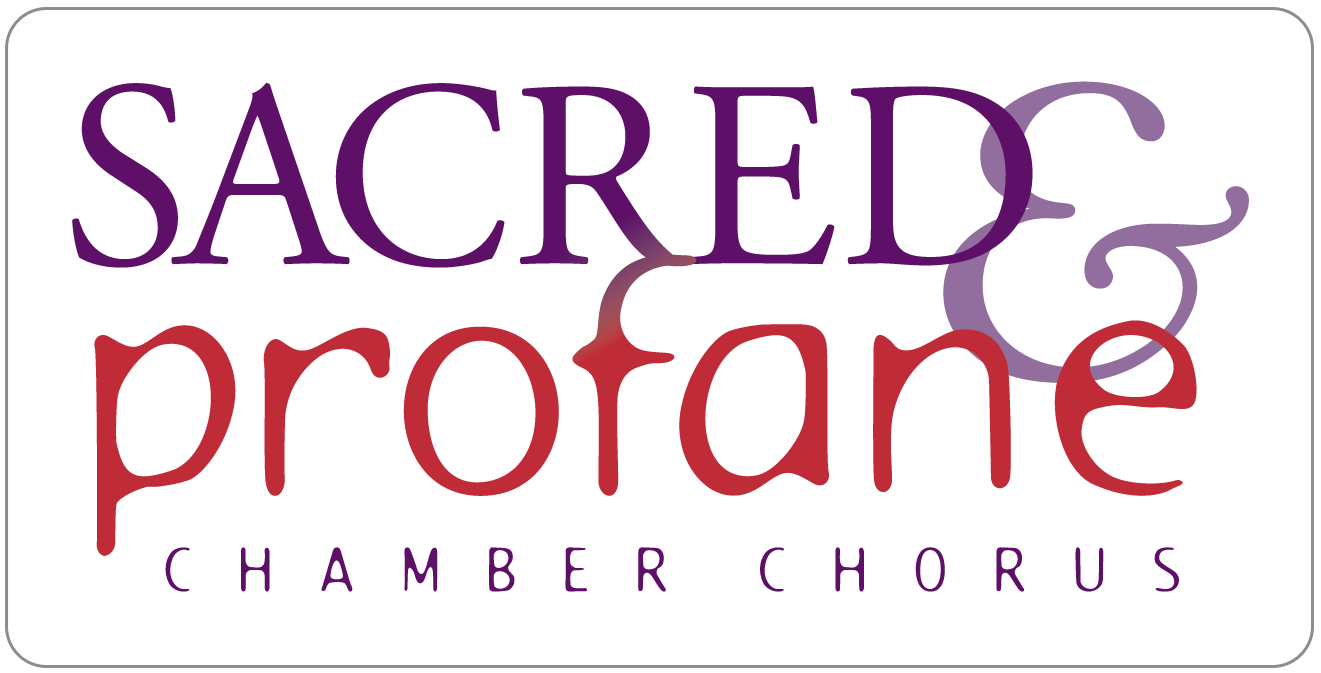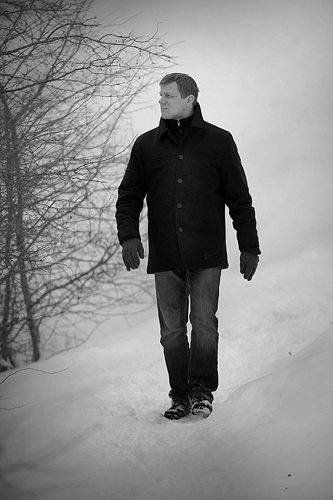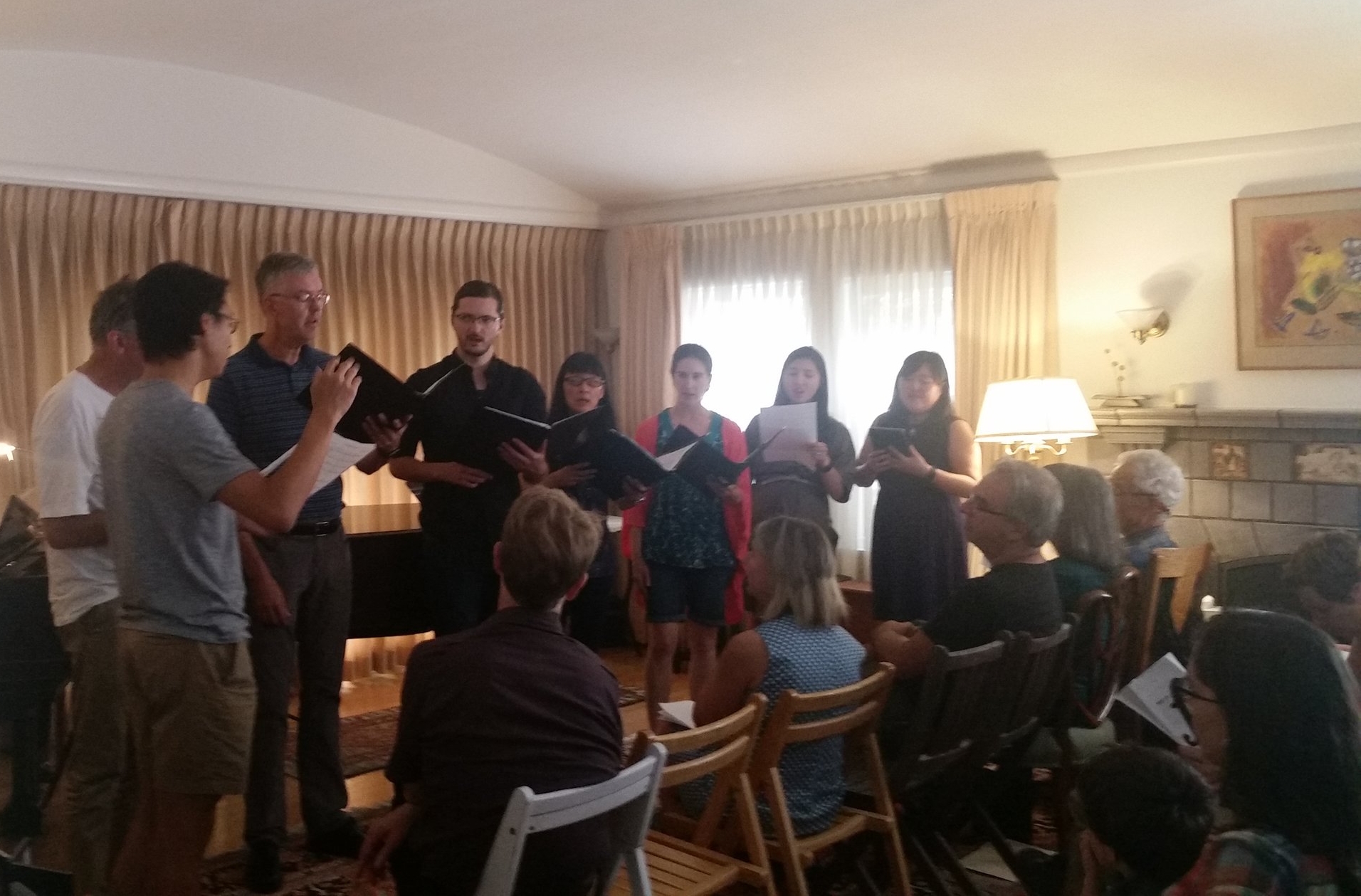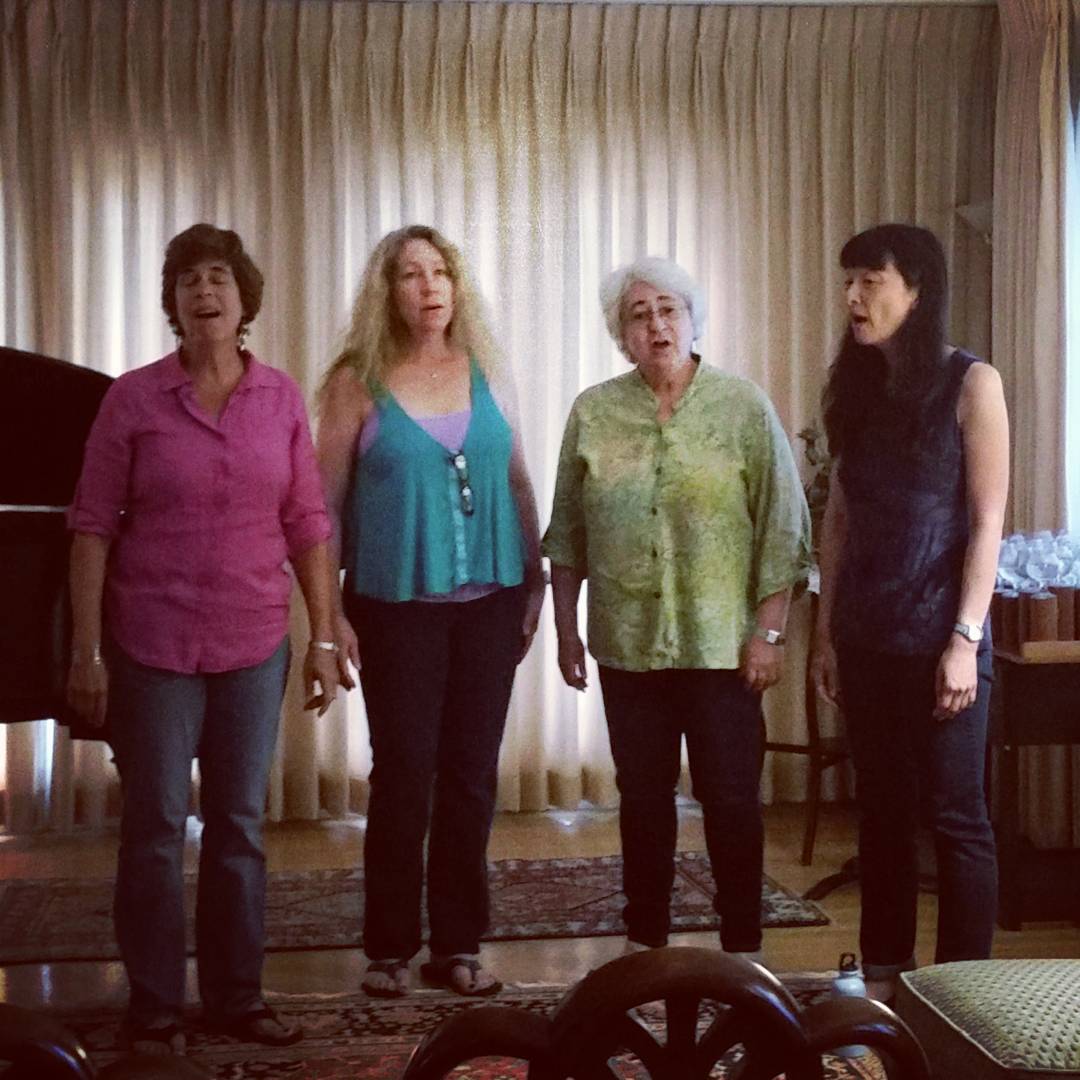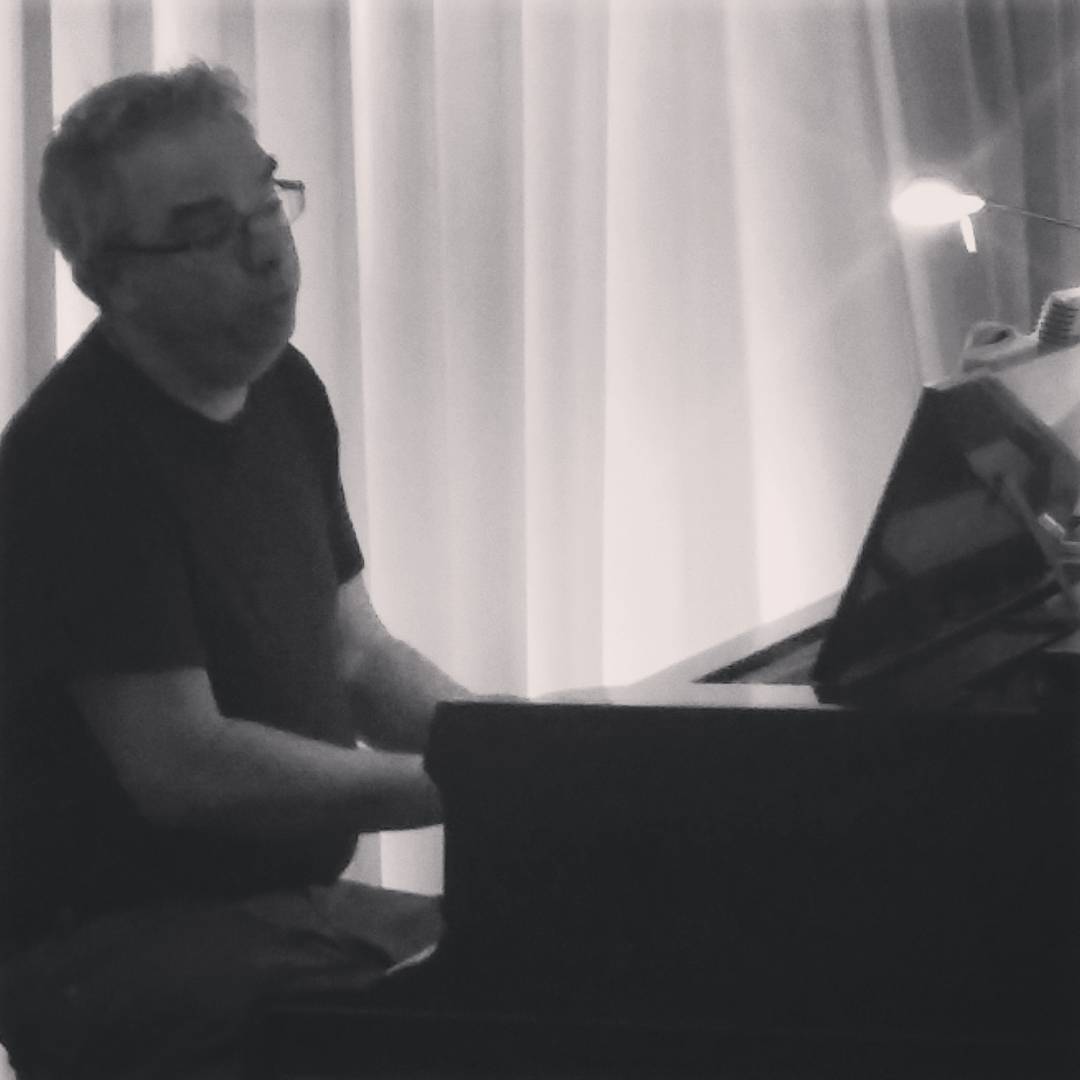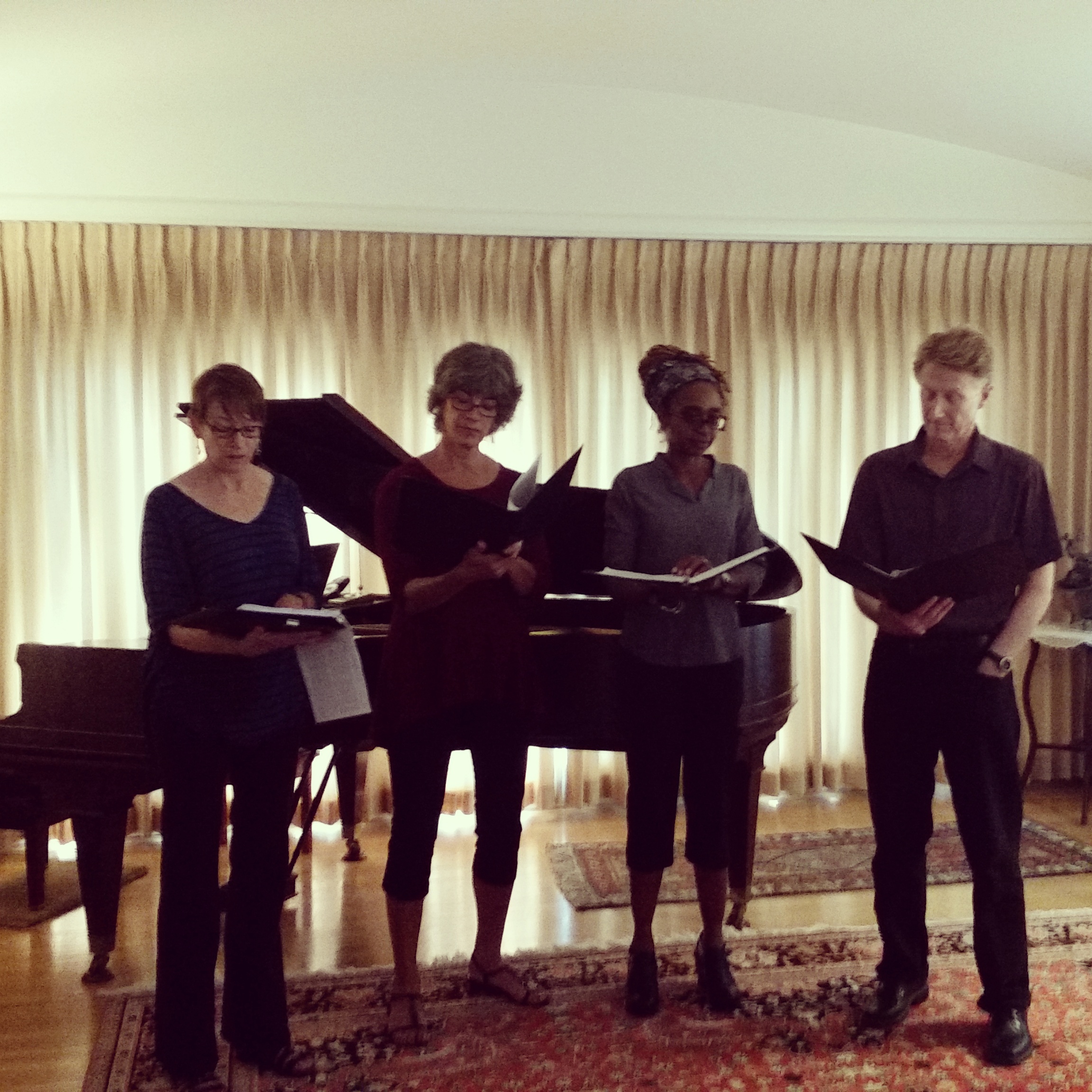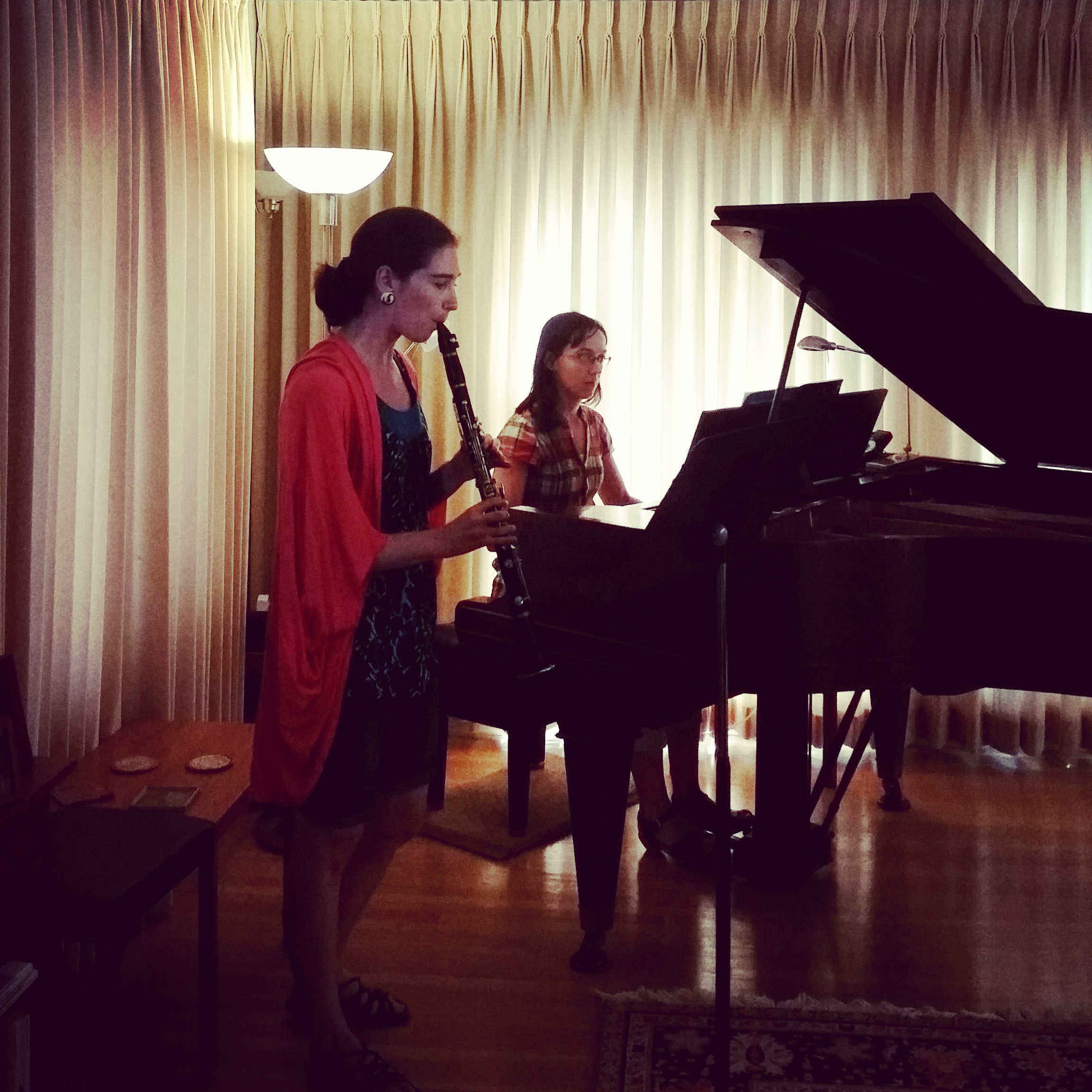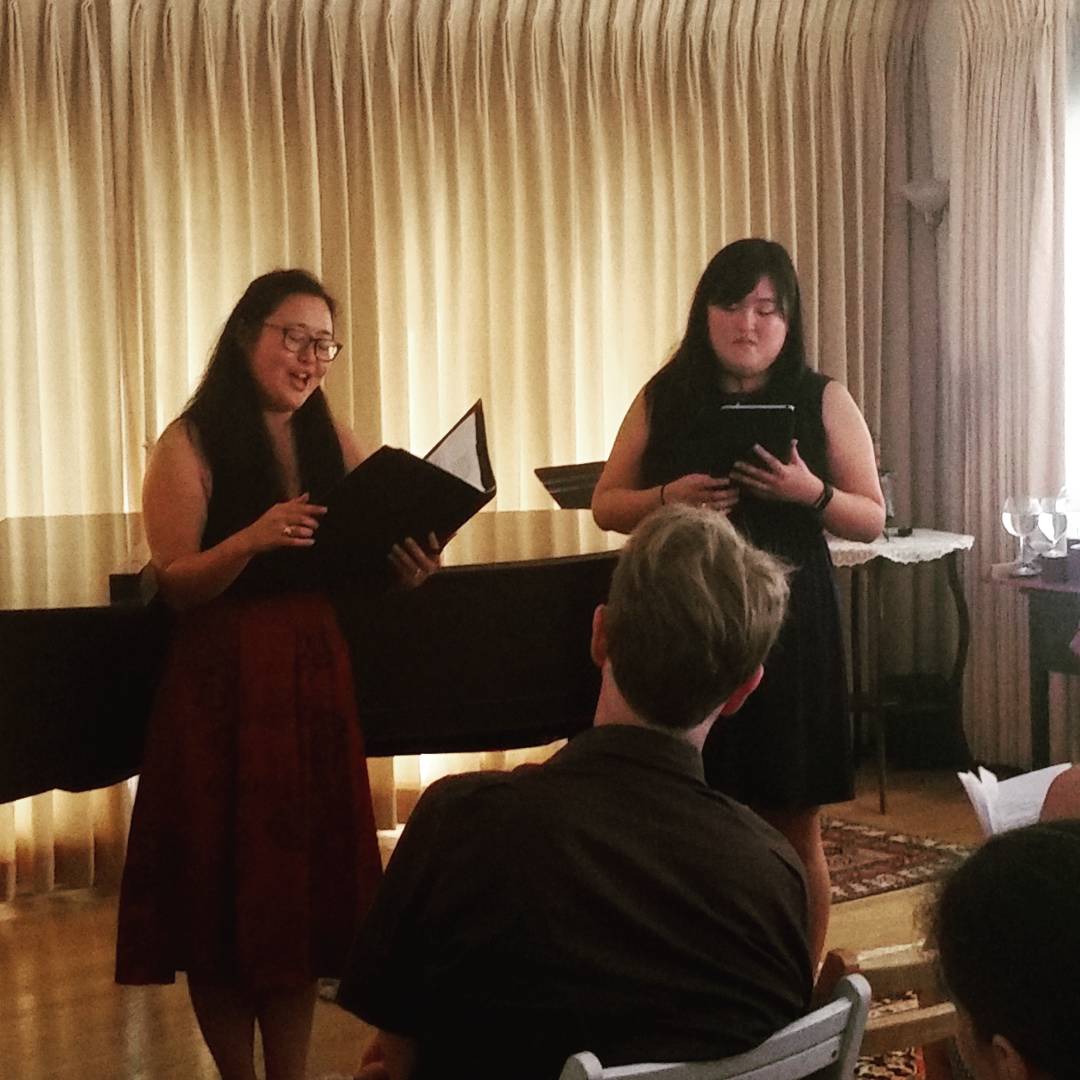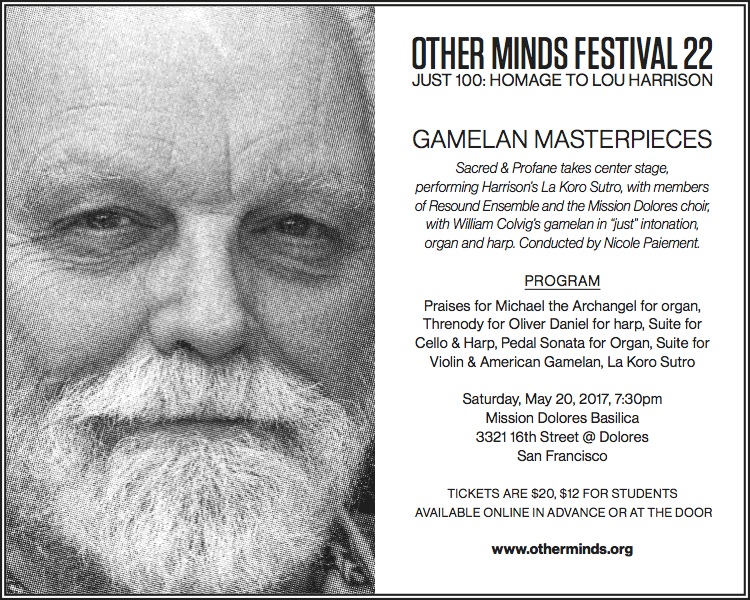Dear Friend of Sacred & Profane,
Sacred and Profane is hard at work preparing the second concert of our season celebrating 40 years of bringing beautiful choral music to Bay Area audiences. I wanted this season to focus on our title and our mission – celebrating the sacred and the profane. So while our December concert featured secular music of the winter night sky, our upcoming concert delves into sacred works by the German and Austrian masters Bach, Brahms, and Distler, plus an a cappella arrangement of a semi-sacred work for solo voice and orchestra by Mahler.
Choral conferences are treasure troves of repertoire discovery for me, but it’s pretty rare that a conference will reveal a new work by J.S. Bach! However, a small California conductors’ gathering at a retreat outside of Yosemite in the summer of 2016 did just that. I was introduced to Bach’s motet Sei Lob und Preis mit Ehren, BWV 231, which had been sandwiched inside a larger work by Telemann for hundreds of years, and therefore assumed to also be by Telemann. When it was determined to be by Bach himself in the early 1980s, the world was given a new, beautiful motet for mixed choir. I can’t wait to bring you this exciting work that may be as unfamiliar to some of you as it was to me, with cellist Gretchen Claassen playing the continuo.
Brahms was a great lover of the music of the Renaissance and the Baroque, particularly the music of J.S. Bach. As a young man, he was known to spend many hours in the extensive music library of his mentors and friends Robert and Clara Schumann, poring over the complete works of Bach. Later, he kept a treasure trove of music by earlier masters in his own library in Vienna.. The influence of Bach’s music can be heard no place more clearly than in Brahms’ motet Warum ist das Licht gegeben dem Müseligen, Op. 74, No. 1. It is structured just like many Bach cantatas and motets, containing four sections, polyphonic passages, and changes in texture and style, and closing with a homophonic harmonization of a hymn by Luther. I first heard this masterpiece in my graduate studies at the University of Iowa, and fell head-over-heels in love with the work. I brought it into a Sacred and Profane concert in 2012, and I’m excited to share it with you again.
In my next letter to you, I’ll tell you about my relationship to Mahler’s Ich bin der Welt abhanden gekommen and Hugo Distler’s Totentanz. I hope to see you at our concerts!
Rebecca Petra Naomi Seeman; Artistic Director, Conductor
Warmly,
Rebecca
